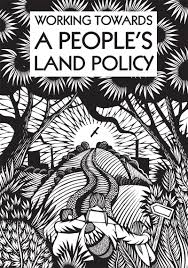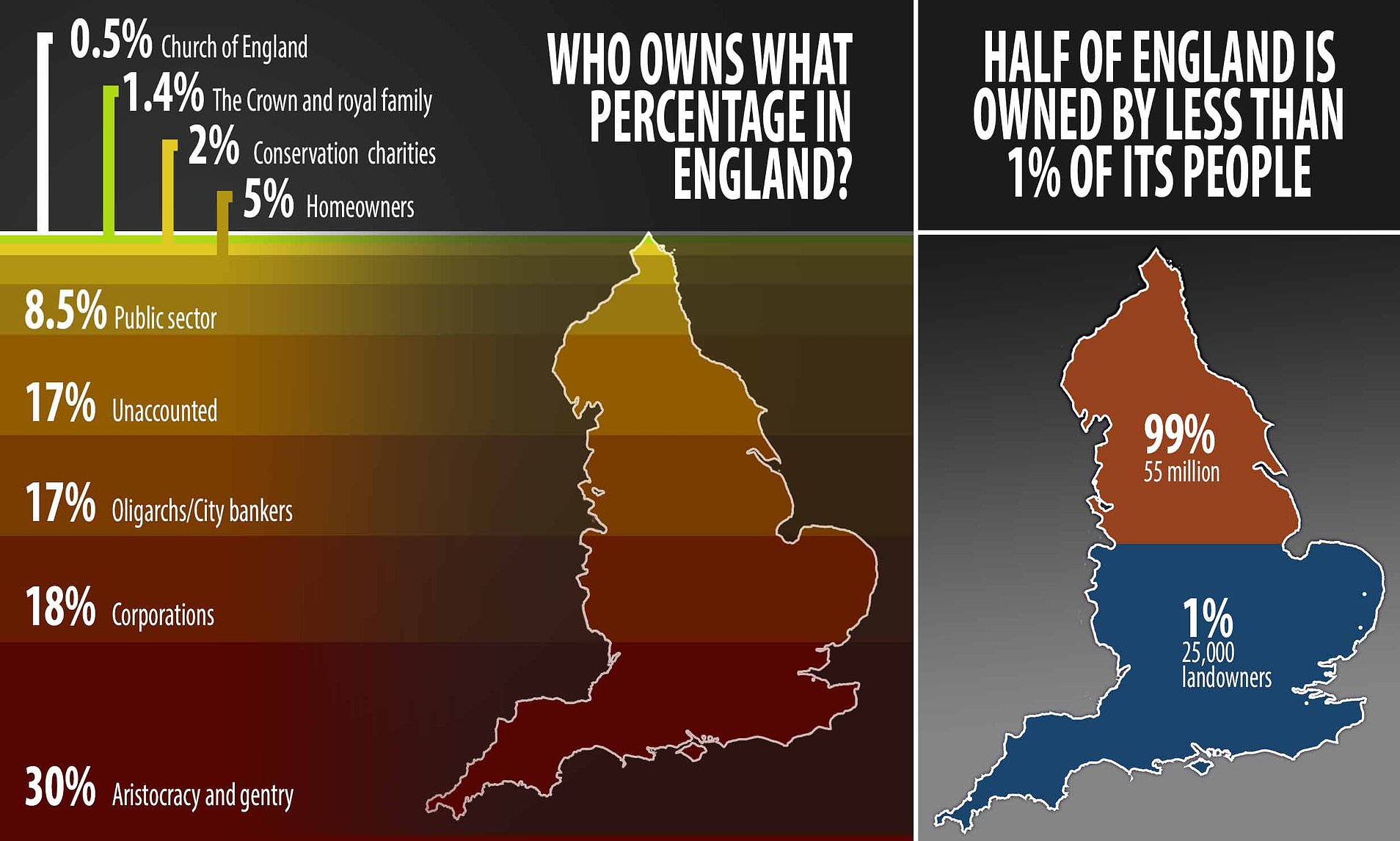(photo by Laura Mackey. See: https://wildhaweswater.co.uk/2023/07/11/englands-rarest-habitats-to-be-enhanced-in-one-of-uks-largest-landscape-programmes/
The PLP attended a session at the Oxford Real Farming Conference on this often contentious issue. One of the reasons it leads to heated debates is that the positions have been polarised. This was highlighted by the first contribution from the floor in which the speaker said there are two positions: land sharing in which biodiversity is part of agroecological farming, and land sparing in which people are packed together in one place and the land around is given over to rewilding.
George Monbiot is seen as one of the main representatives of the rewilding and land sparing argument. His documentary Apocalypse Cow and his book Regenesis: Feeding the World Without Devouring the Planet (https://www.penguin.co.uk/books/317018/regenesis-by-monbiot-george/9780141992990) have made farmers furious (https://www.fwi.co.uk/news/environment/orfc2020-critics-slam-apocalypsecow-programme).
And it was not just the mainstream, intensive livestock farmers who are up in arms. He also offended the many agroecological and regenerative livestock farmers who attend the ORFC and are very keen on nature restoration. At the conference in 2020 Monbiot spoke to a packed Main Hall meeting. This talk came the day after the screening of his Apocalypse Cow documentary. He started his talk by saying that he felt like a speaker at a typewriter manufacturers’ convention just before the invention of the computer.
Four years later, there is still an undercurrent of controversy but the session we attended was looking to build bridges and see a way forward.
There was considerable support for the view that agroecological farming is an excellent way of restoring nature and helping the environment (land sharing). There are a number of organisations that help farmers do this such as the Nature Friendly Farming Network (https://www.nffn.org.uk/) and Pastures for Life (https://www.pastureforlife.org/). The RSPB also has a programme which works with farmers (See: https://www.rspb.org.uk/helping-nature/what-we-do/influence-government-and-business/farming/agricultural-land-use).
One speaker pointed out that the main problem for the environment is intensive farming. The vast majority of UK land is used for livestock or growing crops for livestock. If land was transferred to nature-friendly farming, then there would be a dramatic increase in biodiversity. Other actions farmers are taking is to change from sheep to cattle and pigs. This is the case with Lee Schofield. Lee is actually a RSPB warden, naturalist and farmer in the Lake District, managing the land for both farming and nature (https://www.rewildingbritain.org.uk/why-rewild/rewilding-success-stories/meet-the-rewilders/haweswater. He has had considerable success in making the change over and his actions are beginning to affect the views of traditional sheep farmers.
But is this enough? Someone asked the room (about 100 people) how many liked the term rewilding and how many did not. The result was about 50-50. One speaker argued that agroecological farming is not enough to address the ecological crisis. Farmers and conservationists see the same land very differently. Rewilding and farming have different focuses- farming’s primary aim is to produce food and ‘rewilding’ (no land is without human interference so it not really possible to have complete rewilding) focuses on nature restoration. Therefore, there may be a need to have land where nature is the main focus of land management. How much land is needed would need to be looked at.
We need to address two issues: the ecological crisis and the social crisis of food- producing good quality food that people can actually afford. We should be a choice between nature restoration or farming. With land reform and a major change in how land is used, there would be enough land to have both; some land would have a focus on nature restoration with some grazing or food production, and other land would be used for food production, whilst working in harmony with and enhancing nature.


